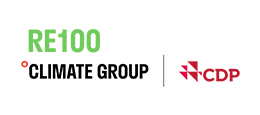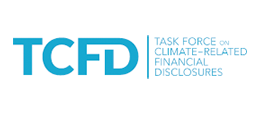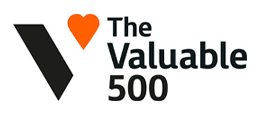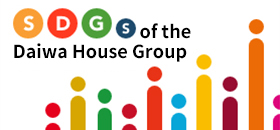The Daiwa House Group is working together with companies that have similar goals by actively joining international initiatives to combat international issues.
UN Global Compact

The United Nations Global Compact is the world's largest sustainability initiative, bringing together the United Nations and the private sector (businesses and organizations) to build a healthy global society.
We have been a signatory to the United Nations Global Compact, advocated by the UN, since April 2018. We declare our support for the ten principles of the United Nations Global Compact, consisting of four areas: human rights, labor, environment, and anti-corruption.
SBT (Science Based Targets)

The SBTi is an international initiative established by four organizations, namely the CDP, World Resources Institute (WRI), World Wildlife Fund (WWF), and the United Nations Global Compact, and is recognized as a criterion for ESG investment. The initiative encourages companies to set greenhouse gas emission reduction targets for five to 15 years into the future that are consistent with commitments under the Paris Agreement.
At the Daiwa House Group, the greenhouse gas emission reduction targets for mitigating and adapting to climate change that form part of our long-term environmental vision, Challenge ZERO 2055, have been certified as scientifically grounded. The Group obtained an SBT certification in August 2018 and revised the target to SBT (WB2°C, or well-below 2°C, level) in June 2021. Moreover, the Group raised the short-term target to SBT (1.5°C level) and obtained an SBT net-zero certification in July 2023.
EP100 (Energy Productivity)

A coalition of companies run by "The Climate Group," an international non-profit organization, with the goal of doubling the energy efficiency of their operations.
In March 2018, we joined the EP100 to promote energy conservation in our existing and new facilities.
RE100 (Renewable Energy)

A coalition of companies organized by "The Climate Group," an international non-profit organization, in partnership with CDP, with the goal of using 100% renewable energy to power their business operations.
In order to further promote the use of renewable energy in our Group, we joined the RE100 in March 2018.
TCFD (Task Force on Climate-related Financial Disclosures)

The Task Force on Climate-related Financial Disclosures. Its recommendations are intended to encourage appropriate decision-making by investors by urging companies to publish consistent and reliable climate-related financial information in a form that is easily comparable.
The Daiwa House Group expressed its support for the TCFD recommendations in September 2018 and is publishing information proactively to facilitate constructive dialogue with investors and others.
TNFD Forum

The Taskforce on Nature-related Financial Disclosures (TNFD) is an international organization that aims to build a framework for private companies and financial institutions to appropriately assess and disclose risks and opportunities related to natural capital and biodiversity.
We began participating in the TNFD Forum in June 2024. By promoting proactive information disclosure and working on reducing business risks and creating opportunities, we aim to solve issues related to the conservation of biodiversity.
The Valuable500

The Valuable 500 is an international initiative to promote disability inclusion. The aim of the initiative, launched at the World Economic Forum Annual Meeting in Davos in January 2019 , is for business leaders to spearhead reform so that people living with a disability can realize their potential in business, social, and economic spheres.



